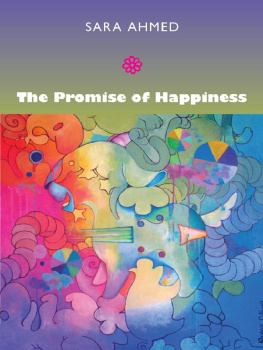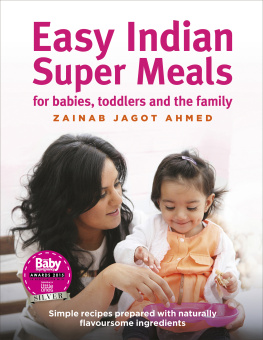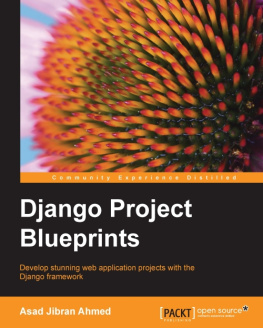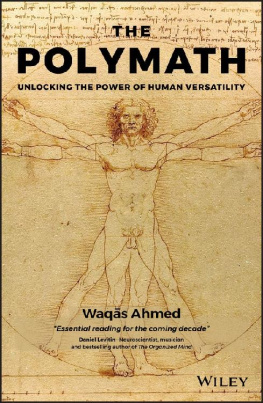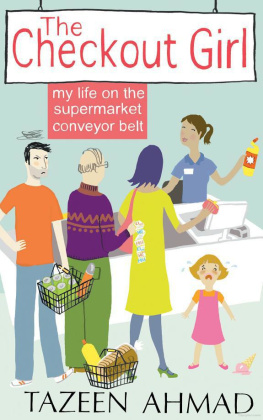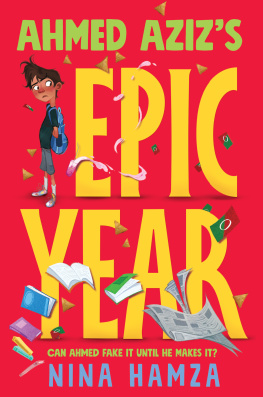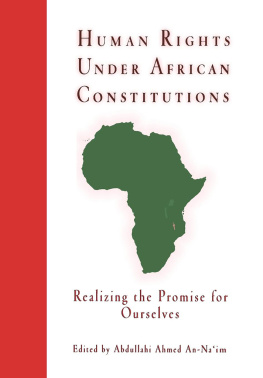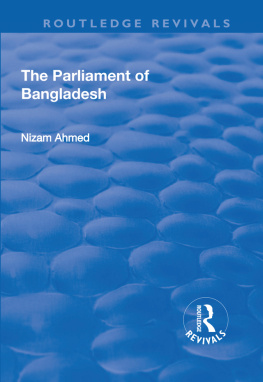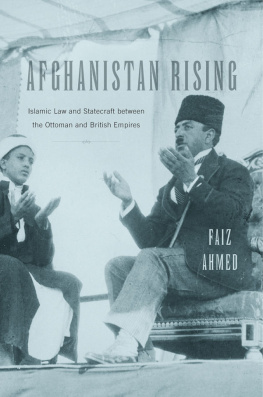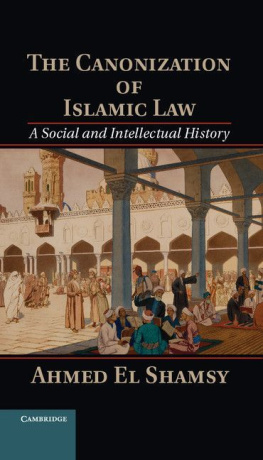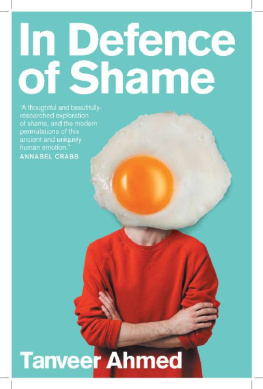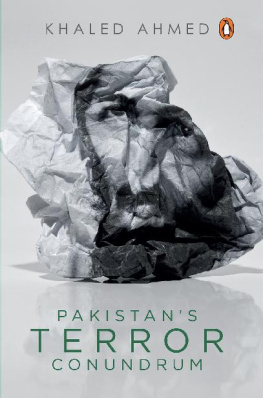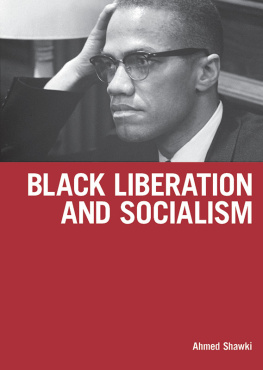Ahmed - The Promise of Happiness
Here you can read online Ahmed - The Promise of Happiness full text of the book (entire story) in english for free. Download pdf and epub, get meaning, cover and reviews about this ebook. City: Durham;N.C, year: 2010;2011, publisher: Duke University Press, genre: Religion. Description of the work, (preface) as well as reviews are available. Best literature library LitArk.com created for fans of good reading and offers a wide selection of genres:
Romance novel
Science fiction
Adventure
Detective
Science
History
Home and family
Prose
Art
Politics
Computer
Non-fiction
Religion
Business
Children
Humor
Choose a favorite category and find really read worthwhile books. Enjoy immersion in the world of imagination, feel the emotions of the characters or learn something new for yourself, make an fascinating discovery.
The Promise of Happiness: summary, description and annotation
We offer to read an annotation, description, summary or preface (depends on what the author of the book "The Promise of Happiness" wrote himself). If you haven't found the necessary information about the book — write in the comments, we will try to find it.
The Promise of Happiness — read online for free the complete book (whole text) full work
Below is the text of the book, divided by pages. System saving the place of the last page read, allows you to conveniently read the book "The Promise of Happiness" online for free, without having to search again every time where you left off. Put a bookmark, and you can go to the page where you finished reading at any time.
Font size:
Interval:
Bookmark:

Duke University Press Durham and London 2010
2010 Duke University Press
All rights reserved
Printed in the United States of America on acid-free paper 
Designed by C. H. Westmoreland
Typeset in Whitman by Tseng Information Systems, Inc.
Library of Congress Cataloging-in-Publication Data appear on the last printed page of this book.

For Audre Lorde
For teaching me so much about everything

I WOULD LIKE TO THANK the Arts and Humanities Research Council (AHRC) for funding my research leave in 2007-8; my department, Media and Communications, Goldsmiths College, for allowing a lengthy absence; as well as my colleagues and friends at Goldsmiths, especially Lisa Adkins, Lisa Blackman, Gavin Butt, Nick Couldry, Natalie Fenton, Mariam Fraser, Angela McRobbie, Rachel Moore, Simon OSullivan, Beverley Skeggs, Richard Smith, and Gareth Stanton. My appreciation to the Department of Womens and Gender Studies at Rutgers University for providing a calm and stimulating place to complete this book and to Mary Hawkesworth for making my visit possible. For helping New York live up to its promise, thanks to Ann Pellegrini, Jasbir Puar, and Sarah Schulman. For friendship, thanks to Clare Hemmings, Shona Hunter, Jonathan Keane, Catharina Landstrm, Elena Loizidou, Mimi Sheller, and Elaine Swan. For the creation of an intellectual home, thanks to all those who participate in Black British Feminism, including Suki Ali, Heidi Mirza, Gail Lewis, Ann Phoenix, Nirmal Puwar, and Shirley Tate. For intellectual inspiration over many years, thanks to Judith Butler. For excellent advice and suggestions, thanks to Ken Wissoker, Courtney Berger, Molly Balikov, Fred Kameny, and the editorial team at Duke University Press. For ongoing support and solidarity thanks to Lauren Berlant, Sneja Gunew, Elspeth Probyn, Sasha Roseneil, and Terry Threadgold. For helpful feedback on chapters and papers, thanks to Sarah Franklin, Kristyn Gorton, Elena Loizidou, Heather Love, David Glover, Ali Rattansi, Risn Ryan-Flood, Simon OSullivan, and Sarah Schulman.
To those who have contributed killjoy anecdotes and happiness references, I am grateful. I have been lucky to have the opportunity to share my research with audiences at the University of British Columbia, Carleton University, University of Cincinnati, City University of New York, Cornell University, University College Dublin, Durham University, Edinburgh University, Florence University, Goldsmiths College, Hampshire College, University of Illinois, University of Kansas, Kent University, London School of Economics, McGill University, New York University, University of Oslo, Queen Mary and Westfield College, Rutgers University, UC Santa Cruz, University of South Australia, Sussex University, Syracuse University, University of Turku, and York University (Canada).
To my family for your kindness, especially my mother Maureen Fisher and my sisters Tanya Ahmed and Tamina Levy. Thanks to Mulka for being part of my life and to Yvonne and Meredith Johnson for being part of his. For providing the grounds for optimism, and even happiness, thanks to Sarah Franklin.

Why Happiness, Why Now?
HAPPINESS IS COSSISTENTLYDESCRIBED as the object of human desire, as being what we aim for, as being what gives purpose, meaning and order to human life. As Bruno S. Frey and Alois Stutzer argue, Everybody wants to be happy. There is probably no other goal in life that commands such a high degree of consensus (2002: vii). What they are describing is perhaps a consensus that happiness is the consensus. Do we consent to happiness? And what are we consenting to, if or when we consent to happiness?
Even a philosopher such as Immanuel Kant, who places the individuals own happiness outside the domain of ethics, argues that to be happy is necessarily the wish of every finite rational being, and this, therefore, is inevitably a determining principle of its faculty of desire ([1788] 2004: 24). And yet Kant himself suggests rather mournfully that unfortunately, the notion of happiness is so indeterminate that although every human being wishes to attain it, yet he can never say definitely and consistently what it is that he really wishes and wills ([1785] 2005: 78). If happiness is what we wish for, it does not mean we know what we wish for in wishing for happiness. Happiness might even conjure its own wish. Or happiness might keep its place as a wish by its failure to be given.
Happiness: a wish, a will, a want. In this book I wonder what it means for happiness to be thought in such terms. The question that guides the book is thus not so much what is happiness? but rather what does happiness do? I do not offer a definition of happiness, or a model of authentic happiness. Nor do I offer a set of instructions on how to achieve happiness: I do not have one to offer, and if anything I write from a position of skeptical disbelief in happiness as a technique for living well. I am interested in how happiness is associated with some life choices and not others, how happiness is imagined as being what follows being a certain kind of being. The history of happiness can be thought of as a history of associations. In wishing for happiness we wish to be associated with happiness, which means to be associated with its associations. The very promise that happiness is what you get for having the right associations might be how we are directed toward certain things.
Happiness shapes what coheres as a world. In describing happiness as a form of world making I am indebted to the work of feminist, black, and queer scholars who have shown in different ways how happiness is used to justify oppression. Feminist critiques of the figure of the happy housewife, black critiques of the myth of the happy slave, and queer critiques of the sentimentalization of heterosexuality as domestic bliss have taught me most about happiness and the very terms of its appeal. Around these specific critiques are long histories of scholarship and activism which expose the unhappy effects of happiness, teaching us how happiness is used to redescribe social norms as social goods. We might even say that such political movements have struggled against rather than for happiness. Simone de Beauvoir shows so well how happiness translates its wish into a politics, a wishful politics, a politics that demands that others live according to a wish. As she argued: It is not too clear just what the word happy really means and still less what true values it may mask. There is no possibility of measuring the happiness of others, and it is always easy to describe as happy the situation in which one wishes to place them ([1949] 1997: 28; second emphasis added). I draw on such critiques of happiness as a way of asking questions about the happiness wish. We need to draw on such critiques now, as a way of responding to the worldliness of this now. Why happiness, why now? We could certainly describe this now as a happiness turn. The Promise of Happiness is written in part as a response to this turn.
What do I mean by the happiness turn? It is certainly the case that numerous books have been published on the science and economics of happiness, especially from 2005 onward. It is now common to refer to the happiness industry: happiness is both produced and consumed through these books, accumulating value as a form of capital. Barbara Gunnell (2004) describes how the search for happiness is certainly enriching a lot of people. The feel-good industry is flourishing. Sales of self-help books and CDS that promise a more fulfilling life have never been higher.
Font size:
Interval:
Bookmark:
Similar books «The Promise of Happiness»
Look at similar books to The Promise of Happiness. We have selected literature similar in name and meaning in the hope of providing readers with more options to find new, interesting, not yet read works.
Discussion, reviews of the book The Promise of Happiness and just readers' own opinions. Leave your comments, write what you think about the work, its meaning or the main characters. Specify what exactly you liked and what you didn't like, and why you think so.

